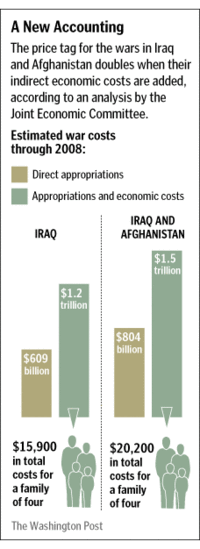Petraeus & Future Military Leaders
Posted by Shawn Brimley
In a highly unusual display of influence, General David Petraeus has been called back to Washington to chair the promotion board that selects new Army Brigadier Generals. The Washington Post carried the story on the front-page today. It’s an interesting and encouraging sign that Secretary Gates and others at the highest levels are attempting to ensure that the next generation of senior leaders possess the type of acumen and understanding of irregular warfare that will help future policymakers make better strategic decisions.
The Army is a highly traditional institution and its culture has been extremely resistant to the type of changes that Gates seems to be pushing. In a speech to the Association of the U.S. Army last month, Gates told the crowd that he found it “hard to conceive any country challenging the United States directly on the ground – at least for some years to come.” In the conflicts of the future, Gates argued that “success will be less a matter of imposing one’s will and more a function of shaping behavior – of friends, adversaries, and most importantly, the people in between.”
The type of top-cover Gates seems to be providing for reformers within the Army is a good sign, but the risk is that it may be too little, too late. Readers might recall the controversy generated by the bold article that Lieutenant-Colonel Paul Yingling penned in the May issue of Armed Forces Journal, where he criticized the Army’s senior leadership for repeating the mistakes of the Vietnam era, including a failure throughout the 1990s to “envision the conditions of future combat and prepare their forces accordingly.” Yingling pleaded for action, arguing that “We still have time to select as our generals those who possess the intelligence to visualize future conflicts and the moral courage to advise civilian policymakers on the preparations needed for our security.” Clearly, Gates seems to have heard and heeded the call.
For Democrats, it is important to listen closely as well. If the next President is a Democrat, he or she will inherit a military that is exhausted, bitter in many ways toward civilians many in uniform see as having led their soldiers and Marines into a quagmire, and in a state of confusion regarding their role in a future that seems as uncertain and as unpredictable as the last time they returned from the Iraqi desert. It is vital that the next cadre of civilian leaders be aware of those in uniform who have the experience and the wisdom to lead the military and to provide the type of military advice the next president will surely need – the future may depend on it.


